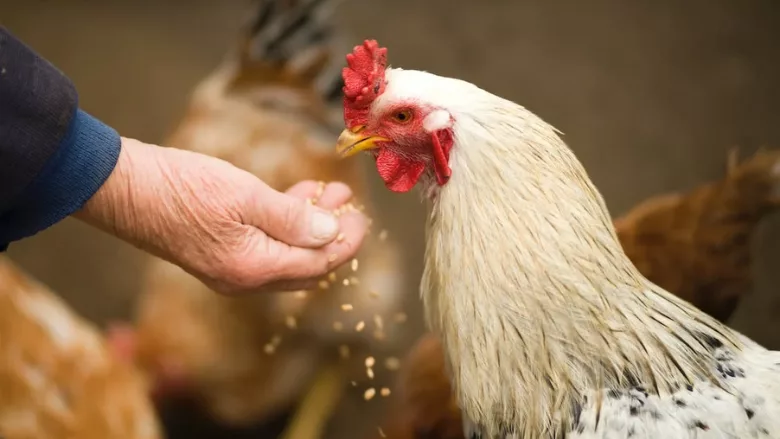Salmonella Outbreaks Linked to Poultry, AMR Rising in U.S.

Credit: Oleksandr Pidvalnyi (freestockphoto) via Pexels
A review of major Salmonella outbreaks in the U.S. over the last three decades has revealed that Salmonella is developing antimicrobial resistance (AMR) due to the overuse of antibiotics for livestock, and that foodborne illness outbreaks linked to Salmonella in poultry are continuously increasing.
According to the study, of all foodborne bacteria, Salmonella causes the highest number of foodborne illnesses at 15.5 cases per 100,000. The pathogen also causes an estimated 410,000 antibiotic-resistant infections each year in the U.S. The overuse of antimicrobials in livestock and poultry agriculture over the past 70 years has contributed to the rise of AMR in Salmonella; the estimated total antimicrobial consumption related to livestock in 2010 was 63,151 tons, and it has been predicted that antimicrobial consumption will rise 67 percent by 2030.
From 1990–2012, there were 45 Salmonella outbreaks linked to live poultry causing a total of 1,563 illnesses, 221 hospitalizations, and five deaths. The reported cases and hospitalizations due to Salmonella outbreaks linked to poultry were seen to be on the rise until 2020, but declined in 2021 due to frequent usage of sanitizers, restaurant closures, and limited traveling and gathering during the COVID-19 pandemic.
Production methods may have an impact on Salmonella contamination of poultry products. Establishments not using antibiotics or identified as organic have shown a higher prevalence of Salmonella. Additionally, while establishments using conventional production methods have a lower prevalence of Salmonella, such establishments may have more isolates that are resistant to two or more antibiotics.
Salmonella has been developing resistance to antibiotics that are commonly used to tread severe cases of salmonellosis, such as ciprofloxacin, ceftriaxone, and azithromycin. As of 2019, extensively drug-resistant Salmonella Typhi has been demonstrated to be resistant to all tested antibiotic classes, but not for macrolides and carbapenems. Due to increasing AMR in Salmonella, few antibiotics are available to treat patients with severe cases of salmonellosis.
The review calls for the reduction of antibiotic use in livestock husbandry, as well as for the U.S. Food and Drug Administration (FDA) to continue to monitor the effect of restrictions placed on the use and sale of antibiotics for food-producing animals.
Looking for quick answers on food safety topics?
Try Ask FSM, our new smart AI search tool.
Ask FSM →









